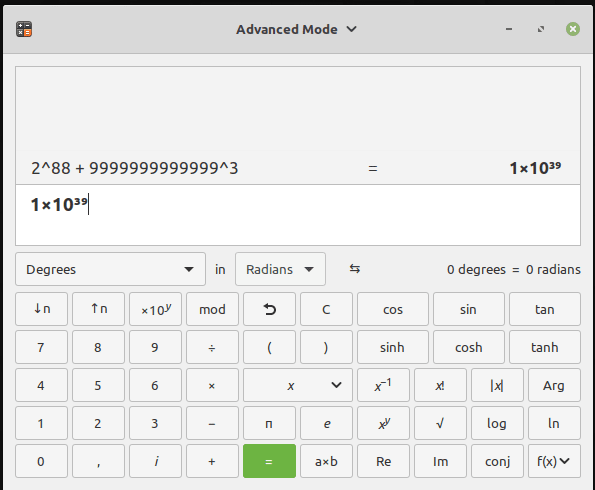AndrewMozley
Programmer
Fermat's last theorem (eventually proved) states that :
Consider the equation ak + bl = bm
. .. where a, b, c, k, l, m are all positive integers and k, l, m (may be the same) are all greater then 2
Is there a solution to this equation where a, b, c have no common divisor (greater than 1)?
Code:
[b]No three positive integers [b]a, b, and c[/b] satisfy the equation :
a[sup]n[/sup] + b[sup]n[/sup] = c[sup]n[/sup]
for any integer value of n greater than 2[/b]Consider the equation ak + bl = bm
. .. where a, b, c, k, l, m are all positive integers and k, l, m (may be the same) are all greater then 2
Is there a solution to this equation where a, b, c have no common divisor (greater than 1)?

